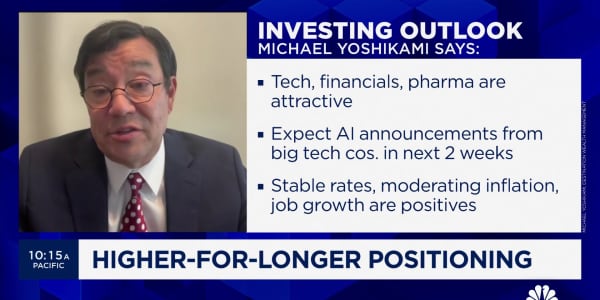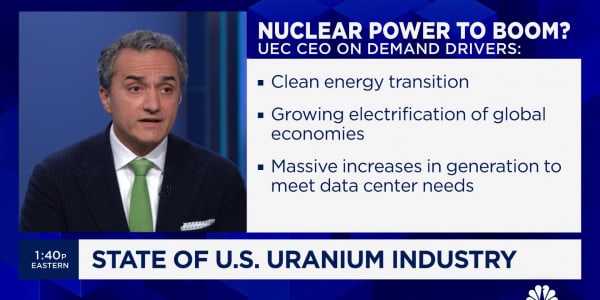Anyone who ran a company with a balance sheet that looked like the U.S. probably wouldn't have a company anymore.
The picture painted by the federal balance for fiscal year 2012 shows a nation with a negative net worth of more than $16 trillion, according to the Treasury Department's year-end reports and calculations from banking analyst Dick Bove.
In short, the national assets consist primarily of loans receivable and mortgage-backed securities, along with property, plant and equipment. In all, the total U.S. government assets are shy of $3 trillion.
The United States Balance Sheet ending on September 30, 2012
| Assets | Billions | Liabilities | Billions | |
| Cash & other monetary assets | $206.20 | Accounts payable | $65.20 | |
| Accounts and taxes receivable | $111.20 | Federal debt securities held by the public | $11,332.30 | |
| Loans receivable and MBS | $859.60 | Federal empl. and veteran benefits payable | $6,274.00 | |
| TARP direct loans and equity investments | $40.20 | Environmental and disposable liabilities | $339.00 | |
| Inventories and related property | $299.00 | Benefits due and payable | $166.20 | |
| Property, plan t and equipment | $855.00 | Insurance and guarantee program liabilities | $156.40 | |
| Debt and equity securities | $110.20 | Loan guarantee liabilities | $74.60 | |
| Investments in GSEs | $109.30 | Liabilities to GSEs | $9.00 | |
| Other assets | $157.60 | Other liabilities | $432.60 | |
| Total | $2,748.30 | Total liabilities | $18,849.30 | |
| Equity | ||||
| Earmarked funds | $665.30 | |||
| Non-earmarked funds (retained earnings?) | ($16,766.30) | |||
| Equity | ($16,101.00) | |||
| Funding | $2,748.30 |
Source: Source: Rafferty Capital Markets
(Read more: How the weak jobs recovery slammed men and women)
The biggest onus, of course, is the more than $11 trillion of debt the public owes and more than $6 trillion in benefits payments.
Add it all up, and you get a country deeply in the hole.
(See the full Treasury report here)
Bove, the vice president of equity research at Rafferty Capital Markets, said he has been traveling the country lately and has heard some optimism that Congress can control the nation's debt problem. It's a sentiment he does not share.
"I do not believe that a realistic plan is likely so I tend to be somewhat negative," he said in a note. "The basis of my pessimism is the magnitude of the problem and the inability of well-intended people to figure out how to solve it."
The declining national deficit this year due primarily to sequestration budget cuts has provided some optimism that the problem is becoming more manageable.
(Read more: When market optimism is reason for pessimism)
But that decline could be temporary depending on whether Congress restores some of the cuts and eases back on tax increases.
If a significant move isn't made soon, Bove said the consequences could be substantial.
"Unless the policymakers are willing to develop a long term plan that everyone can agree upon, the political debate will continue and no resolution will develop," he said. "That will negatively impact the economy and the equity markets."
—By CNBC's Jeff Cox. Follow him on Twitter @JeffCoxCNBCcom.






